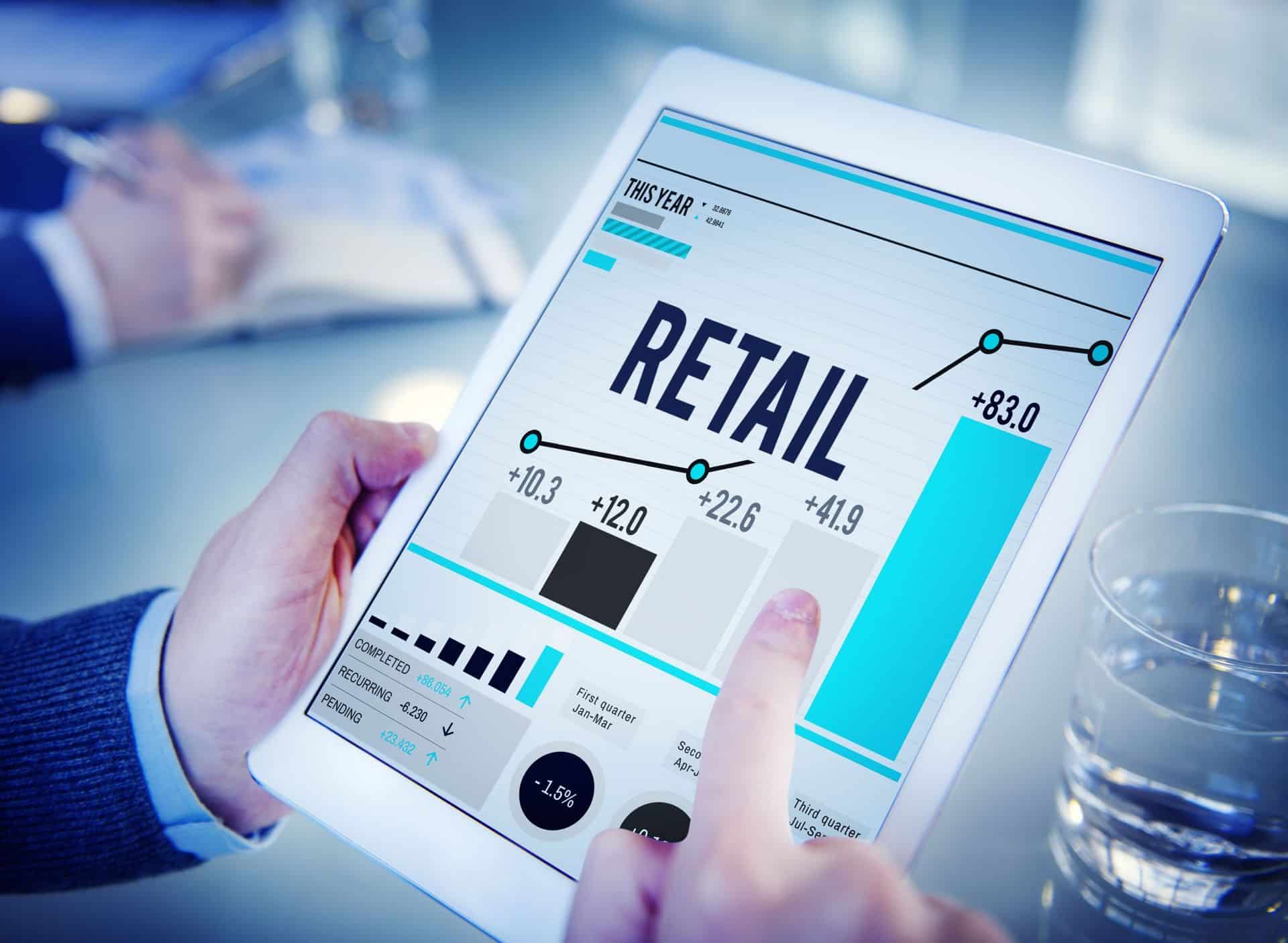What is retail?
Retail: individual customer requirements demand high-performance logistics
As consumers, we are all used to searching very specifically for products and transferring our expectations to the retailer accordingly. A major impetus for this development, which began almost two decades ago, was the e-commerce segment. Thanks to digital connectivity, we are able to demand exactly what we need, regardless of time and place – the variety of products is constantly increasing accordingly, especially in the food sector and in bricks-and-mortar retail.
proLogistik explains the term “retail” and shows you in the context of intralogistics what changes this inevitably entails.
Definition: retail as a generic term
The English term “retail” traditionally stands for the retail trade. In this context the customer is the end consumer. Depending on the context, however, “retail” is also understood in different ways, for example in the real estate sector as a term for properties intended for retail use. When it comes to fashion or textiles, there is even a separate specialty within logistics: retail logistics.
What does that include? We’ll show you:
- Labeling of goods ready for sale, e.g. with price labels, packaging material, etc.
- Picking for the respective point of sale (POS)
- Storage independent of the storage system
- Quality assurance as part of the fulfillment service process
- Packaging according to customer specifications
In short, retail encompasses all processes and tasks that need to be managed and aligned in the course of the logistics of retail goods. By using modern technologies and digital control systems, it is possible to generate competitive advantages through efficient outsourcing.
Retail and intralogistics: how exactly do they fit together?
Classic retailers, i.e. retailers in the original sense, are particularly successful when they satisfy the needs of the customer. However, these are constantly increasing, not least due to global networking, which makes it more difficult to manage the underlying logistics processes.
Retail or retail logistics can often also be described as store logistics, which is where most overlaps can be found. The aim is to make the products intended for the end consumer available in a timely and needs-based manner exactly where they are needed: at the point of sale (POS).
An example from e-commerce illustrates the practical significance of this:
- Consumers are increasingly buying from online retailers, while at the same time demanding fast delivery times and delivery that fits in with their everyday lives (time options, etc.).
- An online store that wants to win over these customers and retain them in the long term must not only offer a comprehensive range – it must also be able to procure merchandise optimally and deliver it with as little delay as possible.
- Accordingly, retail logistics is designed to digitize the entire supply chain as well as the basic flow of goods and information. Data collection, processing and analysis play an important role here. It forms the basis for better forecasting, cost-efficient warehouse management and an offering that addresses the customer’s individual needs.
Value-added services in the retail segment: the special extra for every retailer
As has already been made clear in the above paragraphs, the logistics requirements of a retailer are significantly higher than usual. The better the flow of goods can be delegated and controlled, the less storage capacity is required – and at the same time the amount of capital tied up in stock is reduced. Value Added Services (VAS) are an aspect that is particularly important in the context of retail and logistics.
What is it all about? This refers to so-called value-added services, some of which go far beyond the typical scope of logistics services. Along the logistics chain, this involves assembly, repair or packaging, for example, but often also quality checks or disassembly tasks (especially for returns).
The close exchange between the retail company and the logistics service provider makes it possible to focus on the respective core business and, in the best case, to receive goods that are “ready for sale”. In addition to the value-added services mentioned above, there are also process-oriented value-added services that include picking, labeling, packing and the entire returns management process.
